|
|

|
15 Tips For a Holistic And Green Ramadan
By Priscilla Martinez
We’re almost halfway through Ramadan, and the ecstasy and joy that we began with remain with enough passion to sustain us through the entirety of what remains of the month, right? Great!
So, now is a good time to reflect on how to take your Ramadan up a notch to an experience that’s holistic in nature, addressing not just the spiritual aspects of the month, but the stewardship aspects of our faith as well. This is a time to remember and reflect on our responsibilities to care for the Earth which, by God’s grace, provides us with nourishment throughout our lives — which is especially important to keep in mind while we spend a month abstaining daily from food and drink.
“God is the One who alone has created the heavens and the earth and who alone has sent down, from the sky, water.
Then He brought forth with it the fruits of the earth as a provision for you.
Moreover, He has made the ships upon the sea to be of use to you, by His command. And He has made the flowing rivers to be of use to you.
And He has made the sun and the moon, both constant in their courses, to be of use to you. And He has made the night and the day to be of use to you.” (The Holy Qur’an 14:32-33)
Here are 15 tips for not only a green Ramadan, but also a holistic one — one that emphasizes living in harmony with Creation in ways that you can continue to practice beyond this month. After all, why should the positive changes end when Ramadan ends?
“Eat and drink from the provision of God, and do not commit abuse on the earth nor spread corruption.” [Qur’an, 2:60]
Especially during this month of bettering ourselves and serving others, we should think of what we eat and drink and how to lessen our impact on the planet.
1. Go slow Two things: eat slowly and eat slow food.
Eating slowly helps you to eat less and eat mindfully. This, is turn, can help give you a chance to ponder your food — its origins, how it got to you and so on. Slow food is food that is good (tasty, seasonal, local and fresh), clean (preserves biodiversity, sustains the environment, is non-GMO and ensures animal welfare) and fair (affordable by all, with fair trade from farm to fork).
2. Turn down the faucet. Or, better yet, don’t turn it up so high to begin with. Did you know that we can only use less than 1% of all the water on Earth? The rest is saltwater or is permanently frozen, and therefore inaccessible. We need to take greater care in our use of this finite resource. In our family, we turn faucets on slowly — to the smallest possible stream that will still get the job done — then proceed with washing.
If you’re the type of person who turns the water faucet on full blast for no reason other than just because, you can benefit from this experiment (kids can do it, too!): Place a large container in your sink, under your faucet. Turn the water on and wash as you normally would, catching the water in the container. When you’re finished, use a measuring cup to measure the water in the container. Write down how many cups you used. Now ask a helper to very slowly pour no more than three cups of water over your hands (over the sink) while you wash as your normally would. Challenge yourself to get it all done before the water runs out. I’m sure you can do it easily! From now on, turn your sink on only as high as the stream of water your helper poured for you.
3. Conduct a food audit. Created by Johns Hopkins University’s Center for a Livable Future at the Bloomberg School of Public Health, The Good Food Toolkit “assists congregations of all faith traditions in adopting policies and practices that better promote good food.”
The step-by-step food audit included in the toolkit helps communities identify best areas for improvement and develop a plan for sustainable food policies and practices. These folks explain our obligation as a people of faith perfectly:
Eating is an environmental and a moral act. Whether we live in big cities or rural towns, on a farm or in an apartment, our most profound and intimate connection to the earth — and frequently to each other — is through the food we eat. We don’t often think of our meals in environmental terms or as having much to do with peace and justice, but every time we put food into our mouths, we connect ourselves to other people and other species, and most importantly, to the Creator.
Abdullah ibn `Abbas reported that the Prophet said, “The believer is not he who eats his fill while his neighbor is hungry.” (Hadith narration, Al-Albani)
While we go through the hours of the day with our stomachs grumbling and our mouths yearning for water, we’re reminded of those who go through this daily.
4. Share the blessing of nourishment. So everyone’s eaten iftar and you still have trays of food left. What does our family do? As long as it’s been kept at the appropriate safe temperature and is still unopened, we take any food that remains to nearby shelters or food pantries. We’ve also taken it local police stations and fire stations. Career staff and volunteers are there 24/7/365, quite often for several days and nights at a time, so you can always find someone there. And they certainly deserve our appreciation and gratitude! Growing up, I spent a lot of time at our local fire station (back when they still had poles!) because my uncles and grandfather were volunteer firefighters. One of the things I remember most vividly is that we were always gathering around food!
If you’ve got leftover dates at the end of Ramadan, well, that’s no problem! In our home, we eat dates year-round. Use your leftovers to make my favorite apple cinnamon smoothie in your blender: 1 entire apple, 2 teaspoons of cinnamon, 2 tablespoons of chia seeds, 3 jumbo medjool dates (pitted), 2 cups of lacinato kale (although any variety of kale works!), 1 cup of coconut water. Or, for a real treat, make these easy and delicious chocolate coconut almond date balls, recipe courtesy of my dear sister-in-law Samia: 1 pound jumbo medjool dates (pitted), 1/2 cup shredded sweetened coconut, and about 3/4 of a bag of dark chocolate chips. Mix the dates and coconut together by hand and then roll into balls. Stick them in the freezer for a few minutes, then dip them in melted chocolate. If you like, you can sprinkle some sea salt on them. Then keep them in the fridge — if they’ll make it that far! Don’t they look yummy?
5. Reach out to your neighbors. Host an iftar (fast-breaking dinner) open house at your home. Give your neighbors treat tins filled with dates, cookies or baklava. Organize an iftar open house at your mosque — make sure you invite mosque neighbors, local first responders and government officials.
6. Volunteer at a local pantry or soup kitchen. Every Ramadan for the past 11 years, our family has volunteered to assist the Foundation for Appropriate and Immediate Temporary Help (FAITH, a local shelter and food pantry) with its weekly distribution of food staples to local families in need. It’s important to be reminded year round of the many blessings in our lives, but most especially during Ramadan. You can see our family volunteering locally in this video. If you’re unconvinced as to the value of volunteering to help those in need, watch the video and keep an eye out for the comments made by the children.
“And We made the sky a protected ceiling (canopy), but they, from its signs, are turning away.” [Qur’an, 21:32]
The atmosphere, referenced over 1,400 years ago in this very book, is a protection for us on God’s green Earth.
7. Turn off the lights. According to the EPA, power plants are the largest single source of global warming pollution in the U.S. Their emissions harm our health and pollute our air. With Ramadan being a highly social time of the year, and happening during long summer days, there are too many opportunities to forget to turn off the lights. Simple light switch covers like this one, which we put up all over our home a few years ago and which were created and customized for various faiths by Greater Washington Interfaith Power and Light, can help you remember.
8. Clean cleanly. What does that even mean, right? No doubt with all the extra time spent socializing, you’ve been keeping your home a little more squeaky clean than normal. And most mosques give their facilities a little extra elbow grease right before Ramadan begins. Do you read the ingredients in the cleaners you use? If not, I’ll make it easy for you: that stuff isn’t good for you on so many levels. Still not concerned? Read the warnings on the labels. What you’ll want to start doing is using *clean* cleaners — those that won’t harm you, the air you breathe, the fish in your local streams or your water supply. The solution? Make your own cleaners — it’s REALLY easy. All you need is a couple of spray bottles and you can make your own window cleaner with 1 1/2 cups vinegar, 1/2 cup distilled water, and eight drops of lemon or orange essential oils. You can make your own wood furniture and floor polisher with this super-easy recipe from my buddy Sarah at Nature’s Nurture. And just like that, you have your own easy green cleaners that are good for you, better for the environment, and easy on your pocketbook!
9. Carpool. Parking problems at the mosque? ‘Nuff said. Now do what you should be doing anyway to conserve fossil fuels and reduce pollution: carpool to those extra Ramadan prayers at the mosque.
“And spend of your substance in the cause of God, and make not your own hands contribute to destruction; rather, do good to one and all; for God indeed loves those who do good.” [Qur’an 2:195]
Make the effort to use things more wisely and in the spirit of doing good on the planet.
10. BYOWB (Bring Your Own Water Bottle). Avoid having to recycle your plastic water bottle — simply bring your own water bottle from home with you. Imagine how much money your community would save by being able to buy less bottled water for the huge crowds. Now imagine that many fewer plastic bottles headed for recycling or, even worse, the landfill in the absence of recycling programs. In our family, the last thing we each grab on our way out the door is our water bottles — year-round. Our kiddos like these stainless steel water bottles. Hubby and I prefer glass water bottles. You can see how we clean and store our bottles at home so that they’re easier to keep organized when we’re home and easier to quickly reach for on our way out. This Ramadan, our daughter and our mosque’s (the All Dulles Area Muslim Society, or ADAMS) Green Team are spearheading a campaign to ask folks to #BWW — bring your water and your wudhu (ablution) when you come to the mosque. Instead of providing thousands of disposable plastic water bottles, ADAMS is providing fresh water for congregants to refill their own water bottles. When communities partner and organize themselves this well, the potential for making a significant difference is a given!
11. BYOMK (Bring Your Own Mess Kit). We’re an outdoors-y scouting family, so we each have our own mess kits, plus a couple of extras. What’s a mess kit, you ask? A mess kit is a reusable set of cooking or eating utensils used especially by folks in the outdoors — campers, Scouts, and so on. I’m sure you’ve noticed the many trash bags full of paper (or even worse, styrofoam!) plates and cups, plastic utensils and paper napkins gathered at the end of every evening during Ramadan. Sure, some of those items are recyclable (does your community recycle them?) but there’s something even better than recycling: reducing. Start bringing a reusable bag (you know, the kind you take with you to the farmers market) and bring your own mess kit. Use your mess kit for dinner — then pack it all back up in your bag, take it home, and wash it.
12. Compost food waste

Do you or does your mosque have a garden? Great! Instead of throwing away leftover food, compost it! When individuals are headed to the trash can to toss their plates (not you, of course, you brought your own mess kit!) designate a bin for compostable foods. You may need to put a sign up (and make an announcement? several announcements?) instructing folks on what they can place in there: coffee grounds, tea bags, veggies, fruits and breads. Foods that should not go into the compost bin include meats, milk and other dairy products, mayonnaise and salad dressings, bones, oils, and any cooked foods. Imagine how nourished your garden will be — no dangerous chemical fertilizers required!
“It is He Who has brought into being gardens, the cultivated and the wild, and date-palms, and fields with produce of all kinds, and olives and pomegranates, similar (in kind) and varied. Eat of the fruit in season, but give (the poor) their due on harvest day. And do not waste, for God does not love the wasteful.” [Quran 6:141]
13. Recycle, recycle, recycle. It should go without saying — recycle all those plastic items that would otherwise end up headed for the landfill in those big ugly trash bags at the end of each meal.
14. Take what you eat, eat what you take. You can always go back for seconds — but if you overload your plate to begin with and have leftovers, chances are those will end up in the trash.
15. Commit. Don’t let all your good work end when this beautiful month comes to a close! They say it takes 21 days to make a habit, right? Well guess how long Ramadan is? OK, wrong question — you’ll have to sight the moon or calculate its birth to answer that question. But it’s definitely longer than 21 days and long enough for your new practices to become habits! Imagine the difference we can make together!
Source: https://www.huffingtonpost.com/e ... adan_b_7640210.html
|
|
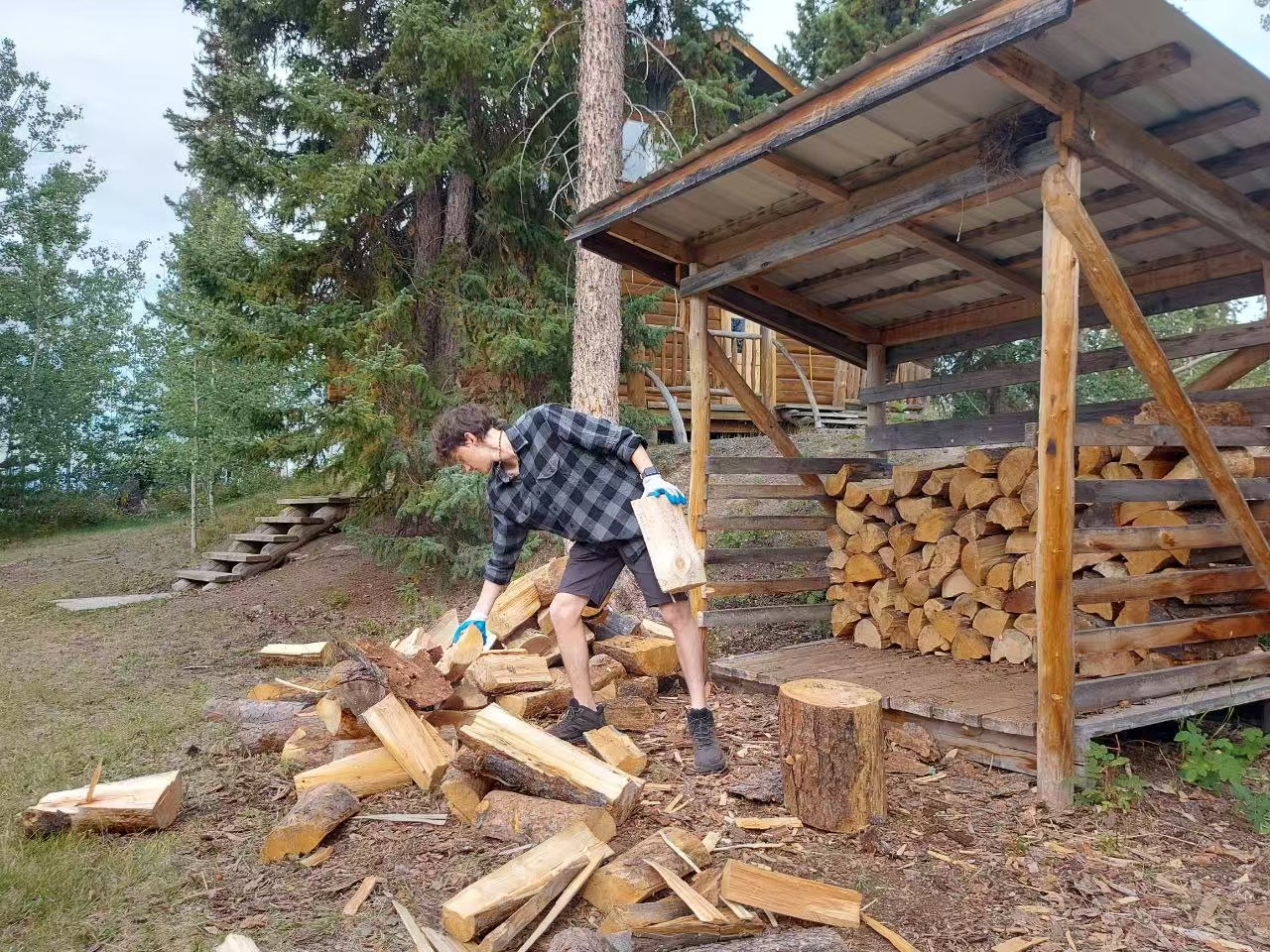 Haha, I’ve got a helper now!
Xuefeng
September 8, 2024
(Translation edited by Q
Haha, I’ve got a helper now!
Xuefeng
September 8, 2024
(Translation edited by Q
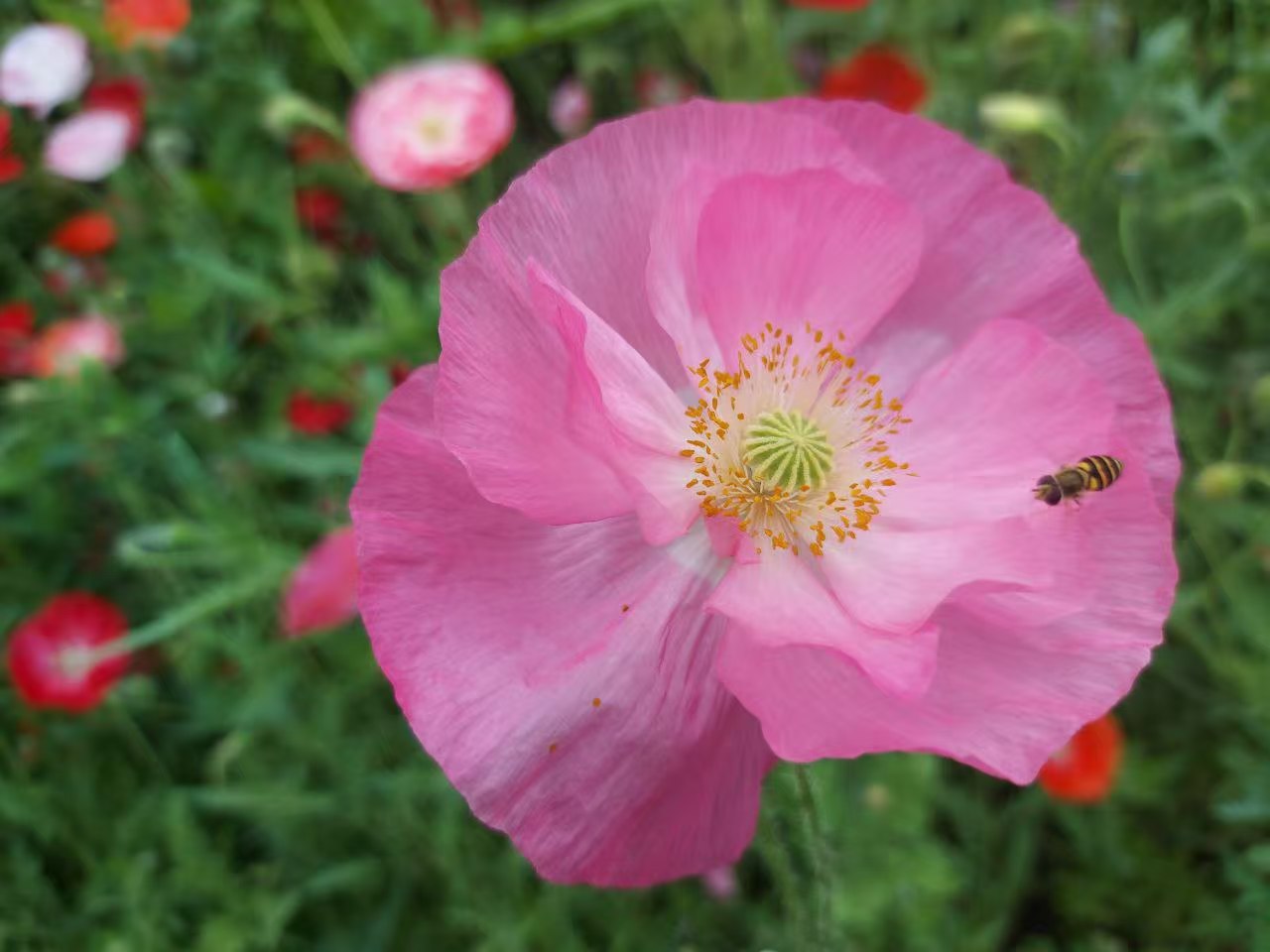 Haha, I felt young again!XuefengYesterday morning, after breakfast, I started ch
Haha, I felt young again!XuefengYesterday morning, after breakfast, I started ch
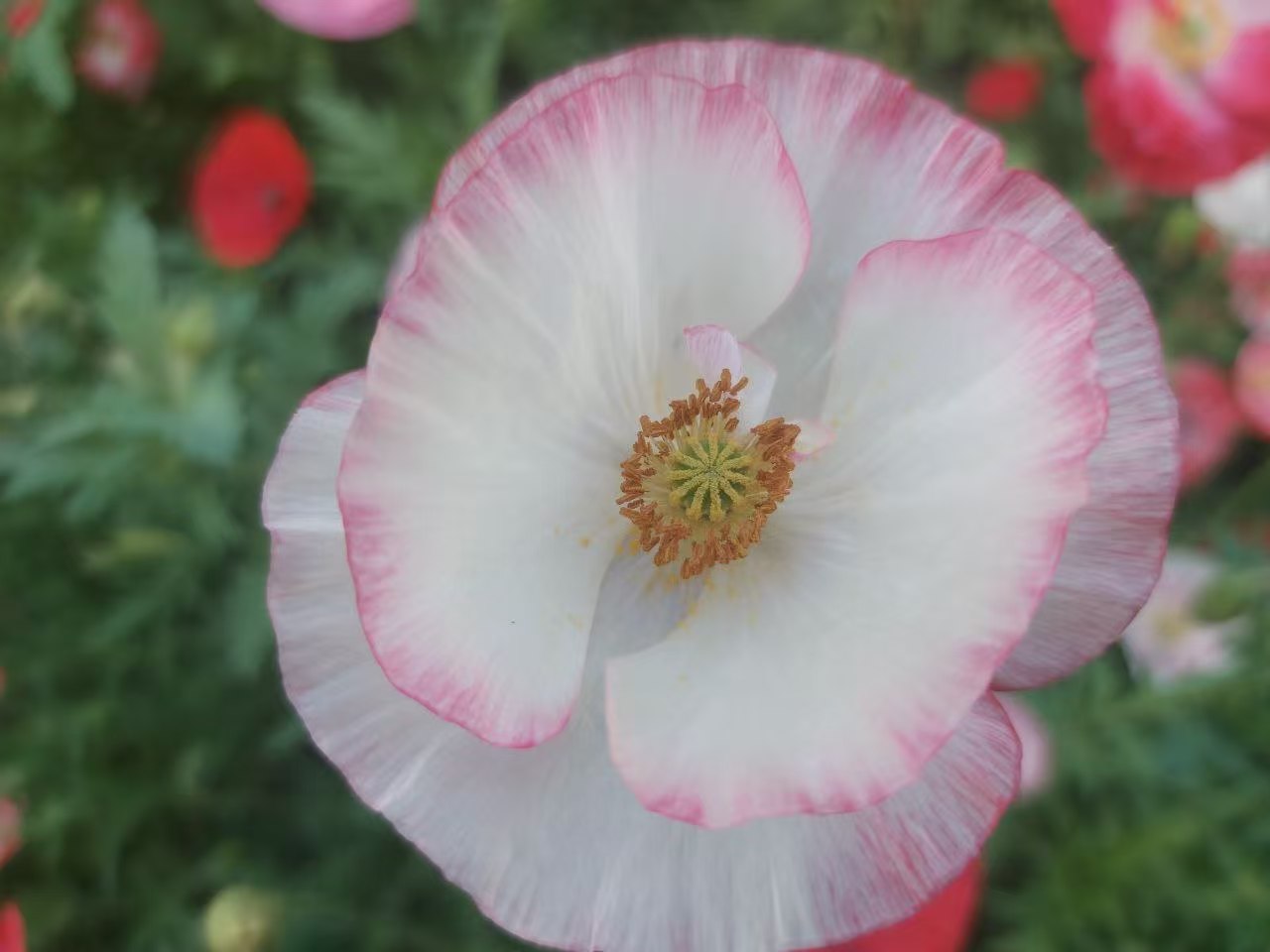 Papaver rhoeas: The Designated Flower of Lifechanyuan
by Xuefeng
August 20, 2024
Papaver rhoeas: The Designated Flower of Lifechanyuan
by Xuefeng
August 20, 2024
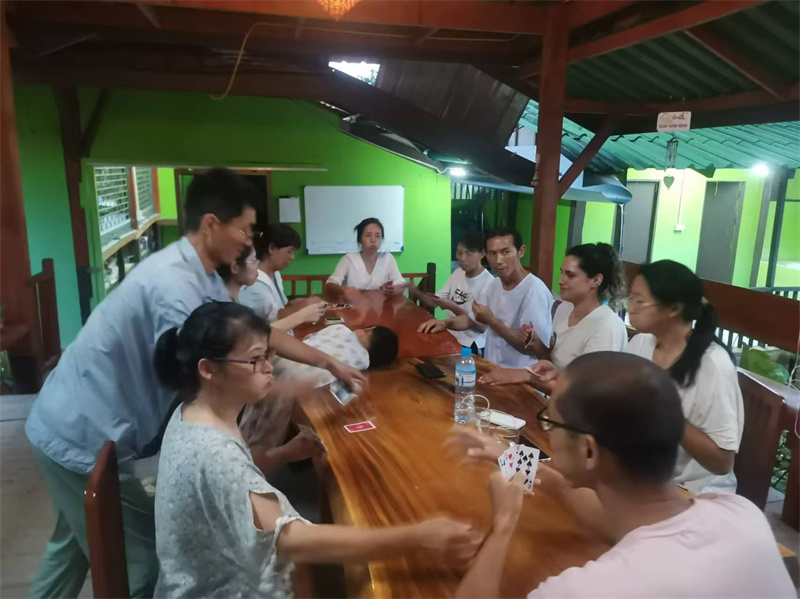 Joyful Games and Warm Welcome for Gabi at Lifechanyuan's Thai Home
Qianzi Celest
Joyful Games and Warm Welcome for Gabi at Lifechanyuan's Thai Home
Qianzi Celest
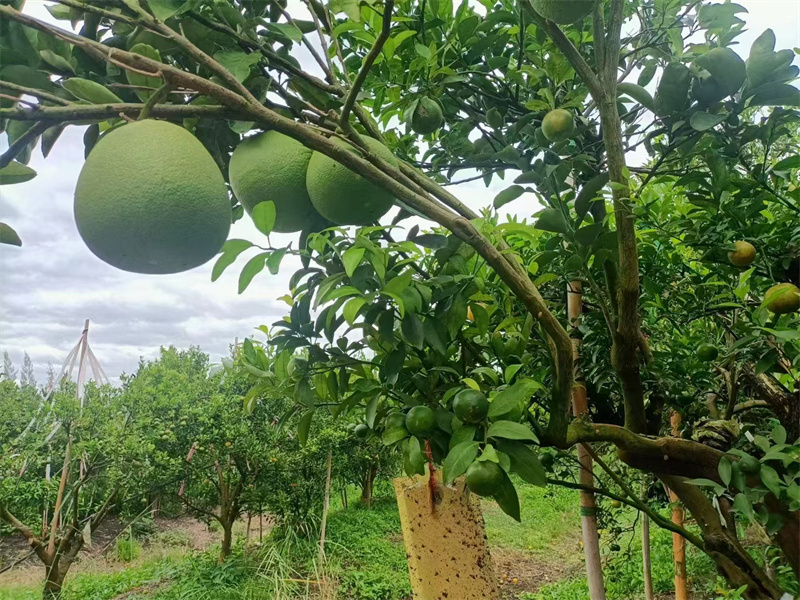 Chilean Girl Gabi Experiences the Life of Lifechanyuan Thailand Second Home Comm
Chilean Girl Gabi Experiences the Life of Lifechanyuan Thailand Second Home Comm
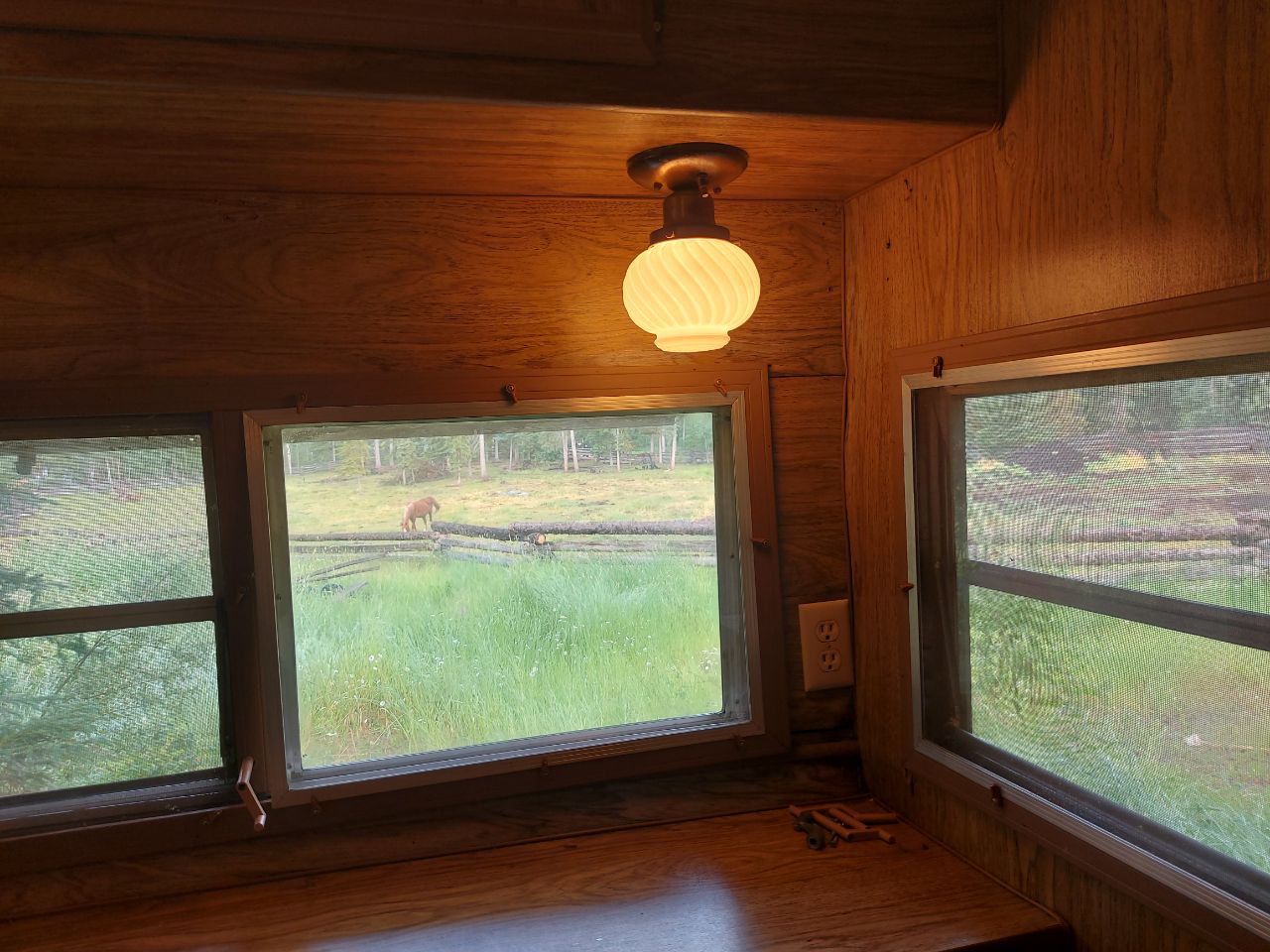 Another Clean and Tidy Joy House
In the tourist resort Holy Land Home, the guide
Another Clean and Tidy Joy House
In the tourist resort Holy Land Home, the guide
 Post time 2018-03-11 22:26:02
|
4254views0replies
Show the author posts only
|View large image
Post time 2018-03-11 22:26:02
|
4254views0replies
Show the author posts only
|View large image
 |Descending
|Read mode
|Descending
|Read mode





 Favorites
Favorites Relay
Relay Shares
Shares Collection
Collection